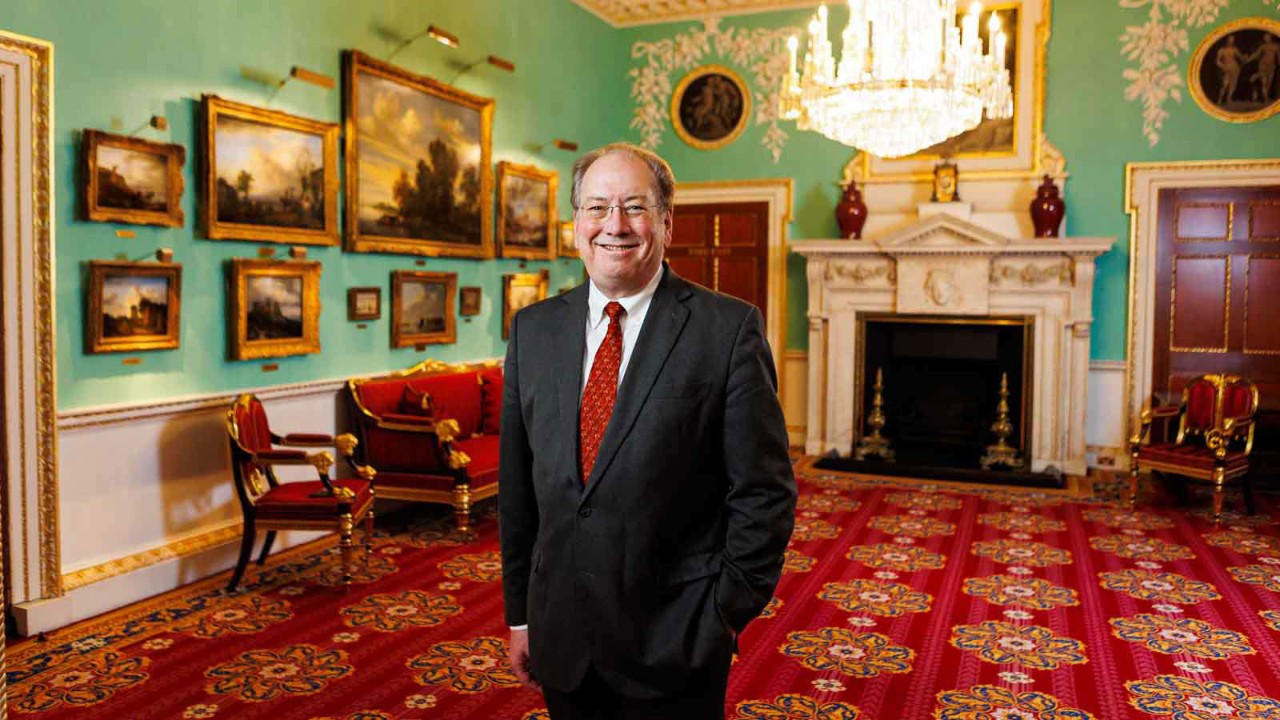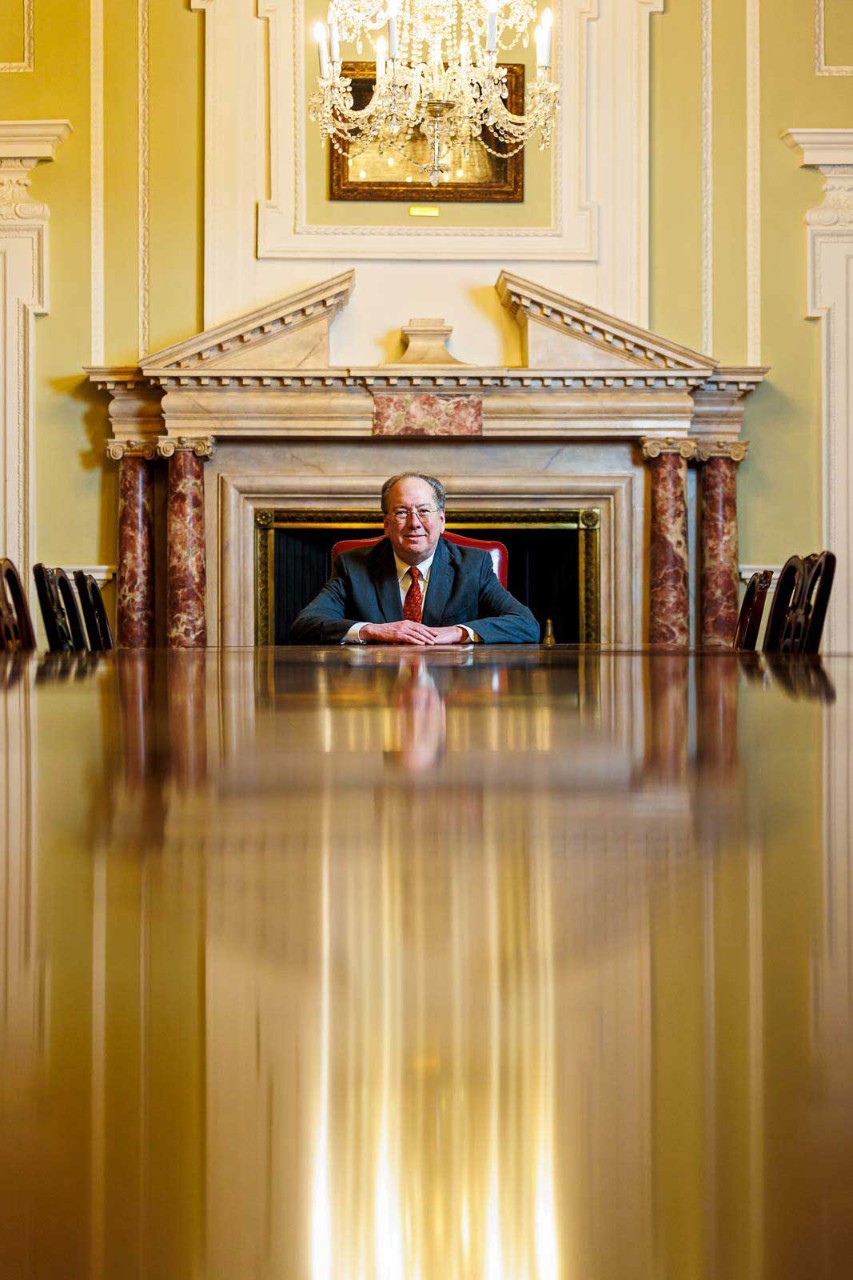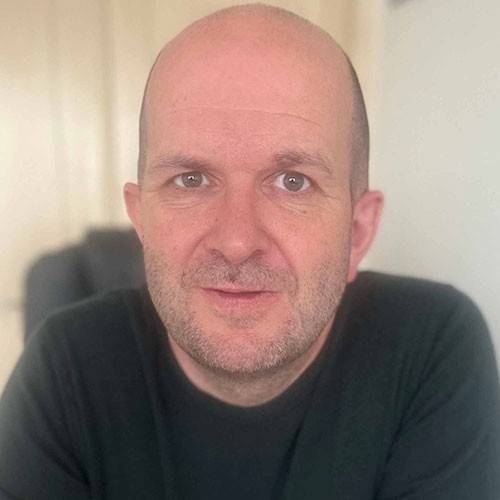
Michael Mainelli FCCA is the 695th Lord Mayor of the City of London but the first to hold the office as an ACCA member and the first American-born mayor. The child of Irish-American and Italian-American parents and educated in the US and Dublin, Mainelli’s theme for his year in office is ‘Connect to prosper’.
He is also keen to stress the importance of accountants and other professional service providers – including lawyers, insurers and asset managers – to the continuing success of the City.
‘Professional services are absolutely fundamental,’ he says, speaking from his new seat at the Mansion House in the heart of the City. ‘The rule of law is fundamental for all financial centres, and if you treat all-comers fairly, you can build a financial centre.
‘Professional services are the next bit after the rule of law. This next level is absolutely crucial, and accountancy features prominently within this.’
The profession cannot ‘pontificate from a position of purity’ on how others should behave
But that said, he does not view the accountancy profession, and some of the major players within it, through rose-tinted spectacles. He recognises that there is a need to improve confidence in the work of accountants and that the profession isn’t able to ‘pontificate from a position of purity’ on how others should behave.
Held to account
Nevertheless, he believes that accountants have an important role in holding people to account, and that this is becoming increasingly important when looking at environmental, social and governance (ESG) metrics. ‘There are two ways to hold people to account,’ he says. ‘There are financial indicators and then there are extra-financial indicators.’
‘If you want to reduce your emissions, take your energy bill to an engineer and ask them how to reduce it’
However, he warns that accountants should not play at being scientists. ‘If you want to reduce your carbon emissions, the best thing you can do is take your energy bill, give it to a proper engineer and ask them how to reduce it.’
Looking at the ‘G’ part of ESG, he argues that many moves to improve governance are based on convention rather than proof that one method of governance is better than another. ‘But we are moving in the right direction.’
However, he is more sympathetic towards the ‘S’: ‘This is where we can say to companies that we can really see things in the economic framework that do not fit in, such as gender inequality, slave labour, child labour. I think it is great that accountants are reporting on them.’
‘I would like to take the carbon component out of ESG’

Turning back to ‘E’, he complains that often, when people talk about ESG they are actually talking about ‘E’; and when they talk about the environment, they almost always mean climate change.
‘I would like to take the carbon component out of ESG,’ he says, explaining that accountants should be saying that if it is possible to build a carbon market, then it will fall into normal financial auditing and accounting. ‘That is something that we do very well, that’s where we can add value, but we don’t. Instead, we say that we can do some extra reporting for you.’
The world’s coffee house
This is perhaps why he is keen to stress the diversity of skills and expertise that can be found in the City; it isn’t just about finance and banking. His theme for his year in office is ‘Connect to prosper’.
He sees the City as the world’s coffee house: a nod towards the origins of the Lloyds of London insurance market. It is a place where it is possible to celebrate the wide banks of knowledge that can be found within the Square Mile.
Speaking at the Lord Mayor’s Banquet at the Guildhall just after he assumed the mayoral role in November last year – in the presence of Prime Minister Rishi Sunak and Archbishop of Canterbury Justin Welby (himself a former finance professional) – Mainelli said: ‘The City is – rightly – known for its leadership in financial and professional services. But we’re also now the biggest centre for tech in the country, with a workforce that includes scientists, engineers and technicians, as well as bankers, insurers and lawyers.’
‘Cyberfraud is real; it’s not a joke’
Looking specifically at the challenges that are emerging through the rapid development of artificial intelligence, he has been supporting the Chartered Institute for Securities and Investment on an ‘Ethical AI Initiative’ – a scheme that delivers ethics courses for those in financial and professional services involved in AI (ACCA is contributing to the modules on regulation and governance, and skills for responsible AI adoption).
‘The initiative is going like a freight train,’ he says, adding that 244 organisations (including 196 from financial services) from 53 countries have signed up so far, more than 200 individuals have graduated through the scheme to-date and 3,000 have registered.
CV
2023
Lord Mayor of London, City of London Corporation
2013
Various roles with the City of London, including alderman and sheriff
1997
Director, Comax Secure Business Services
1995
Corporate development director, Defence Evaluation and Research Agency
1995
Executive chairman and co-founder, Z/Yen Group
1988
Partner and main board member, BDO Binder Hamlyn
Allied to this, Mainelli is very concerned about cybersecurity. ‘We even have FraudGPT to contend with now,’ he points out. ‘This is real, it is not a joke; we have to keep fraud under control. In fact, anti-fraud work is a big part of the ‘S’ in ESG, as so many individuals are affected by fraud.’
Combining science
Born in Seattle, Washington, Mainelli studied at Harvard and Trinity College Dublin, and completed an MPhil and PhD in chaotic systems at the London School of Economics. After working in the oil and gas industry he joined first Arthur Andersen and then BDO Binder Hamlyn before co-founding consultancy Z/Yen in 1994.
‘Around the world, I am told that the UK is seen as a stable place to do business’
Throughout his career, he has had a passion for science, engineering, computers and technology, alongside finance and accountancy, which explains in part his desire to promote the numerous different skills that are found within the Square Mile.
It is this combination of expertise that he is hoping to bring together to help boost economic growth, not just in the City but throughout the UK, listing digitisation and sustainable green finance among his priorities to help boost UK earnings.
‘Britain’s reputation since 2016 has suffered a few knocks,’ he says, but he remains optimistic about the future. ‘In the last 18 months, as I have been travelling around the world, I am told that the UK is seen as a stable place to do business. I feel I have come into office at a good time.’



